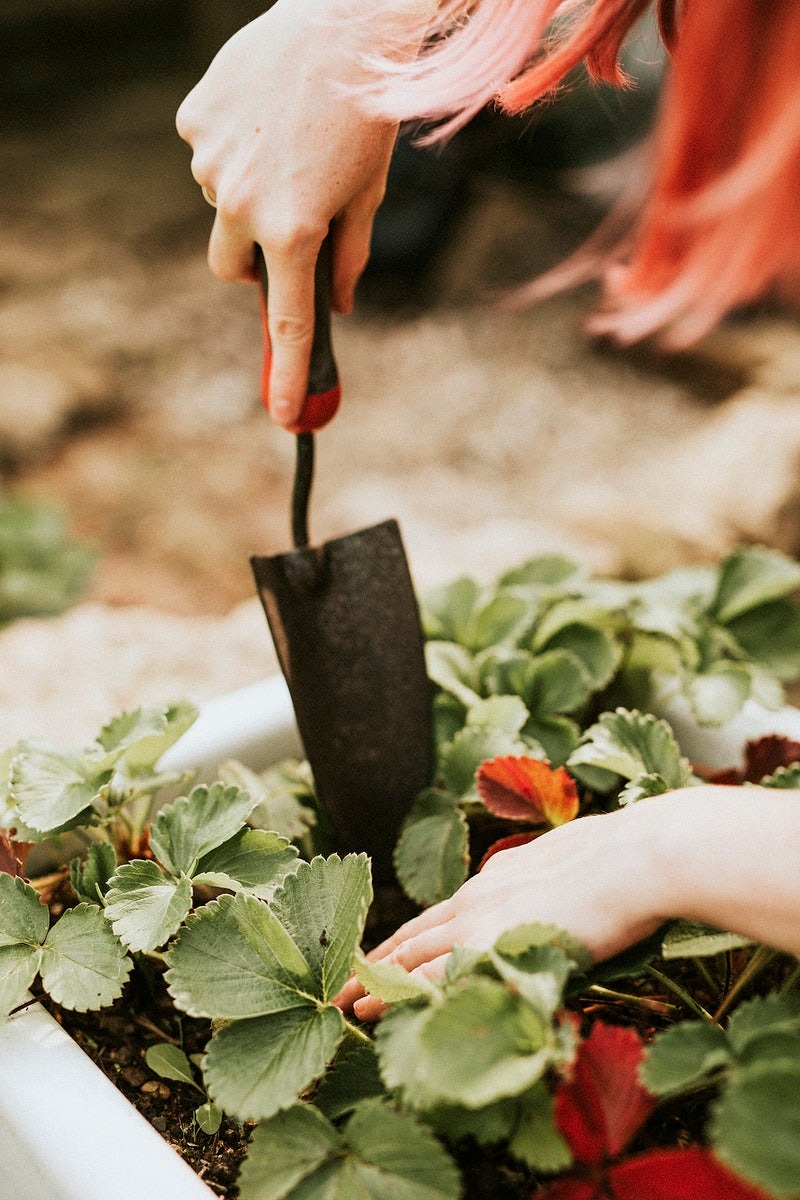 Gardening, also known as green care or therapy through exposure to plants, is beneficial for the brain. Gardening can improve cognitive function, promote relaxation, and reduce pain. Gardening is also an activity that will fill your free time and provide food, depending on what you grow. Green therapy is an excellent addition to your current self-care practices and can induce greater feelings of well-being and accomplishment.
Gardening, also known as green care or therapy through exposure to plants, is beneficial for the brain. Gardening can improve cognitive function, promote relaxation, and reduce pain. Gardening is also an activity that will fill your free time and provide food, depending on what you grow. Green therapy is an excellent addition to your current self-care practices and can induce greater feelings of well-being and accomplishment.
Gardening has many benefits. While this is not an exhaustive list, as you engage in green therapy, you will begin to notice improvements in your overall well-being. You may experience better memory, less anxiety, better moods, decreased pain, and improved physical health. While you may think gardening is too big of a project to tackle, the benefits outweigh any obstacles. You can garden by growing a few flowers in a pot in your apartment or planting a large vegetable garden in your backyard. Either way, you are gardening and experiencing the joys of encouraging growth.
#1. Improves Cognitive Function
According to a study in The International Journal of Environmental Public Health, gardening, even for as little as 20 minutes a day, can improve the growth of blood vessels in the brain and lead to better cognition. In addition, watching plants grow and experiencing nature improves your sense of hope and improves hand-eye coordination.
Studies show that neurons involved in thinking and processing information improve with regular gardening. Not only will your thinking improve, but you will be better able to process the events you face in recovery as well.
#2. Alleviates Anxiety
Green therapy has been found to substantially reduce anxiety. Gardening outside provides you with vitamin D and boosts your serotonin which battles anxiety and can stabilize your mood. Often, in treatment, providers will have plants and or pictures of plants to make one more at ease during treatment.
Surprisingly, just viewing pictures of plants and thinking about them can reduce your anxiety. According to the Journal of Environmental Psychology, some researchers have found that images of plants and flowers reduce anxiety while images of abstract objects increase anxiety. No matter how you are experiencing plants, either through images or your personal garden, you will experience a reduction in anxiety.
#3. Improves Mood
Gardening gives you hope as you watch your plants grow. Even people who struggle with gardening can improve their moods by attempting to take care of plants. Plants remove toxins and provide more oxygen in homes, making the air cleaner and easier to breathe. This increased oxygen and cleaner air give you better brainpower to battle mood instability. The presence of “green space” alone improves moods.
#4. Reduces Pain
Pain is one of the reasons many people struggle with maladaptive behaviors. Pain after surgeries and pain from injuries can be overwhelming and hard to manage. Researchers have found a benefit from being around plants and gardening. Of course, when addressing pain, one wants to start small and slowly build up to bigger projects. When pursuing recovery of any sort, starting small is often best.
Managing pain takes time, and sometimes you must learn to cope with pain as you learn how to do new activities that can alleviate the pain. Gardening has been shown by researchers to alleviate your pain if practiced in steps.
#5. Helps Your Physical Health
Gardening helps your physical health in a variety of ways. Just like gardening improves your brain, the act of gardening improves your heart and sleep cycle. According to The Royal College of Physicians, gardening decreases the risk of dementia, improves strength and dexterity, and lowers the risk of heart problems. In addition, gardening improves your ability to sleep well at night through exposure to sunlight and realigning your circadian rhythm. Gardening is a form of exercise, and, as with any exercise, it improves your longevity and feelings of confidence. It can also improve your stamina and help you develop the strength and confidence to try new things.
#6. Involves Your Whole Body
Gardening requires both mental and physical efforts. Gardening can also be considered emotional as you see the fruits of your labor. You may have beautiful flowers, a flourishing bonsai tree, or a bushel full of vegetables. No matter the results, you have put forth a great deal of effort physically, mentally, and emotionally into your plants. In turn, your plants have helped you blossom into a healthier person. When pursuing new interests, give gardening a chance. You don’t need a large plot of land to find your personal form of green therapy.
Gardening is a wonderful form of therapy for both young and old and for those recovering from any form of illness, including mental health disorders and addiction. Spending time in nature can be fun, relaxing, and reduce problems for your physical health. At The Guest House, we recognize that various coping skills can be beneficial for our clients, which is why we encourage our clients to try new things whenever an opportunity arises. We also help our clients develop these coping skills and develop a comprehensive list of ways to cope when they leave our facility while also providing our Alumni Program to help them as they continue into recovery. If you or someone you know is struggling with a mental health or substance use disorder, help is available. You do not have to suffer alone. Contact The Guest House at (855) 483-7800 and learn how we can help you start your better life.